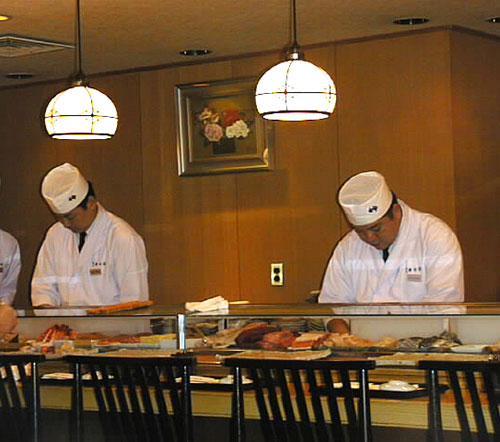
I never ran a restaurant myself, so most of my knowledge on this matter is second hand. My mother ran a very successful restaurant in midtown Manhattan called Tsukiji Sushisay. In addition my stepfather was the accountant for several Japanese restaurants in NYC. I did however work the front desk for a few months, and helped out over the years with things like translating legal documents, making brochures, or creating their website. I translated the menu to English, and even taught basic 'sushi-counter customer-service English' to many of the chefs. "I'm sorry, we don't have spicy tuna." is one phrase I remember teaching them.
I also want to note, that I feel OK writing this because the restaurant closed its doors in 2002, and various statutes of limitations or whatever have run out. ^^;
Filed under:
essays restaurants sushi new york personal
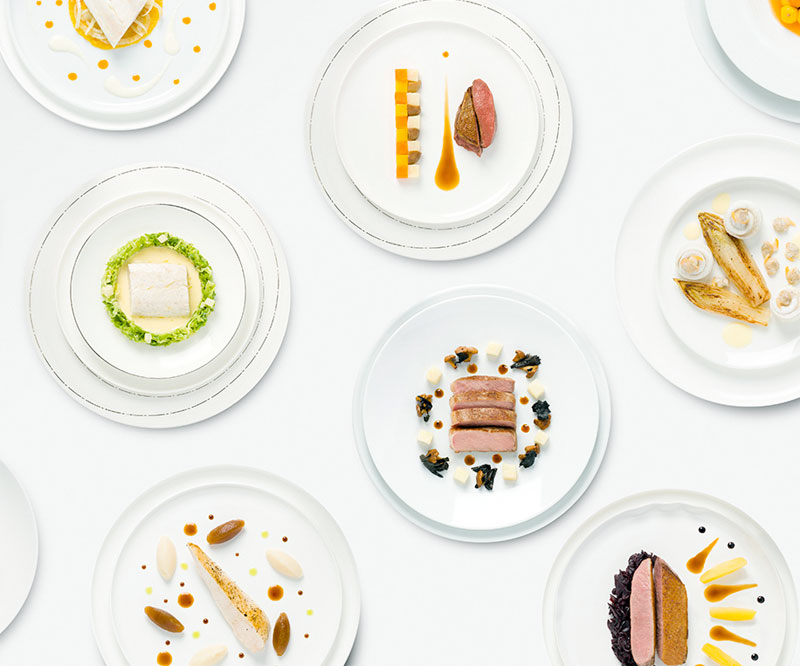
ChefCuisine is a new method of delivering top restaurant quality meals to the home. It's intriguing...but will it succeed?
Filed under:
marketing food delivery services maison pic restaurants
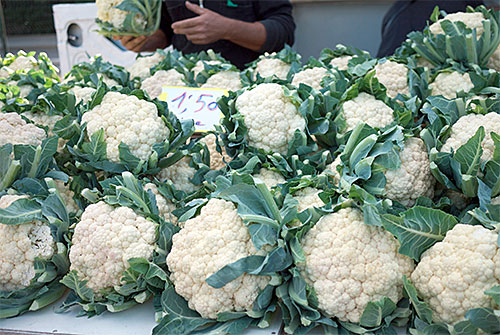
Do you care if a restaurant has sustainable practices?
Filed under:
restaurants sustainability
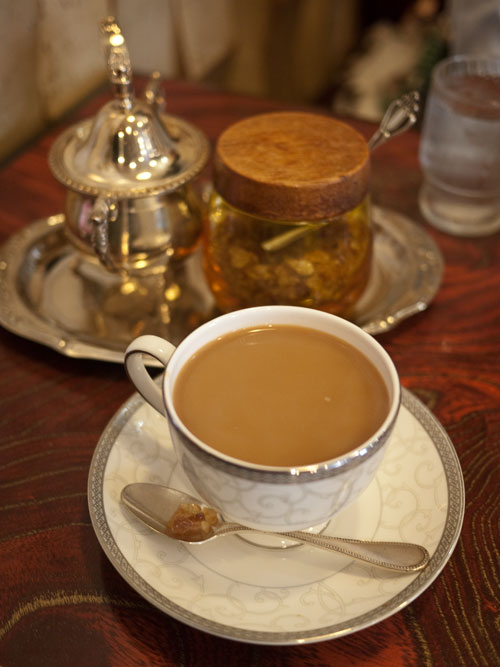
In Japan, coffee is just as ingrained in everyday life as tea.
Filed under:
food travel japanese restaurants japan monday photo

I finally made it to Taimeiken, an old time yoshoku restaurant in Nihonbashi, to indulge in the original Tampopo Omuraisu (rice omelette). Yes, that Tampopo.
Filed under:
japanese restaurants yohshoku japan travel tokyo food movies review
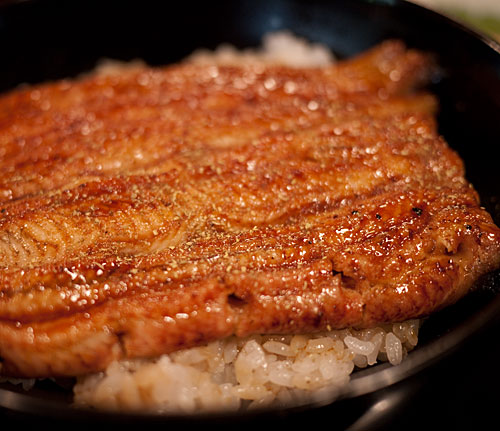
A little slice of old Tokyo in an out-of-the-way area of Tokyo, Obana is an unagi-ya (eel restaurant) that even someone who's not an unagi fan can love.
Filed under:
food travel japanese restaurants japan washoku tokyo
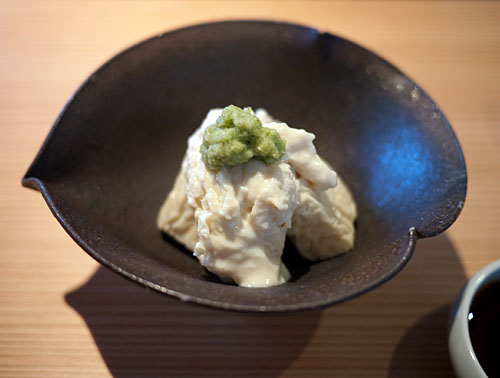
When you go to Kyoto, you must have at least one tofu meal. It's just the way it is. Fresh tofu in Japan is far better than it is anywhere else, and the tofu in Kyoto is generally held to be the best in the country. This is generally attributed to the skill, refined court and/or temple-influenced culture and the quality of the local water. Whatever the reason, to most Japanese people Kyoto means tofu, and vice versa. A visit to a fine Kyoto tofu restaurant is very likely to convert even the most die-hard carnivore into a tofu fan.
During my week in Kyoto, I was able to pursue one family business's vision of what tofu should be from beginning to end. Kamo Tofu Kinki, a company that's been in business since 1834, makes tofu and related products in two tiny workshops located in the Gion Kiya-cho area of Kyoto. Later on, I visited Sosoan, the tofu restaurant owned and operated by Kinki for a multi-course tofu feast.
Filed under:
food travel restaurants tofu shopping japan kyoto cool stuff from japan